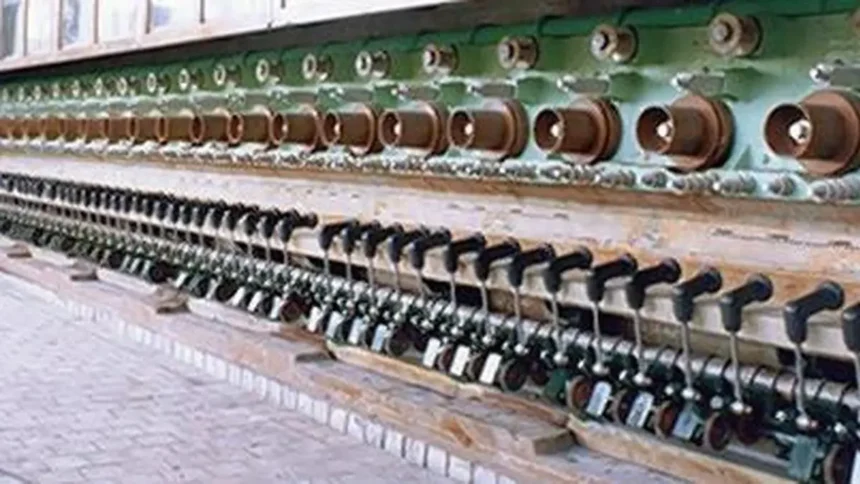File Photo: Viscose Staple Fibre Spinning Machine | Photo Credit: THE HINDU ARCHIVES
A statement issued by the Textiles Ministry said the order was issued after consultation with the Bureau of Indian Standards (BIS) and key industry stakeholders.
“This decision directly responds to persistent industry concerns about supply constraints and higher costs, and demonstrates the government’s commitment to improving ease of business for textile manufacturers, exporters, and MSMEs,” the Ministry said.
Reacting to the development, G Arulmozhi, President of Open End Spinning Mills Association (OSMA), said the scrapping of QCO will help to import viscose fibre without any restrictions.
Vision 2030
“It is now possible to obtain viscose and polyester at international prices. As a result, textile production is expected to increase, leading to higher exports. After a long time, a solution has been found to the raw material issues affecting the textile sector—namely cotton, viscose, and polyester,” he said.
The Ministry said the policy move comes at a time when India’s textile sector is pursuing the ambitious Vision 2030—aiming to boost domestic consumption and meet the target of $100 billion in exports while growing the total textiles and apparel market to $350 billion. “Removal of the QCO on VSF is expected to ensure seamless access to quality raw material, enhance global competitiveness, and drive industry-led growth to support these national objectives,” it said.
The Ministry will continue to engage with stakeholders, prioritising evidence-based policies to sustain momentum for domestic manufacturing, exports, and job creation—paving the way for India’s emergence as a leading global textile hub.
Arulmozhi said OSMA has also pleaded with the Centre to impose export duty on comber cotton waste, which is the key raw material for open-end mills. This will ensure ample availability for domestic needs.
Published on November 24, 2025









